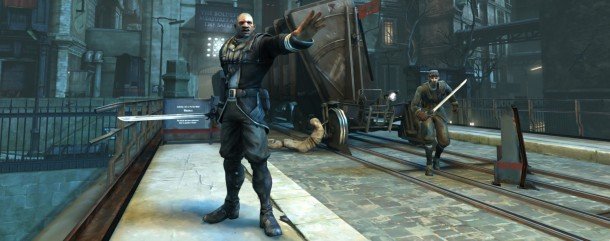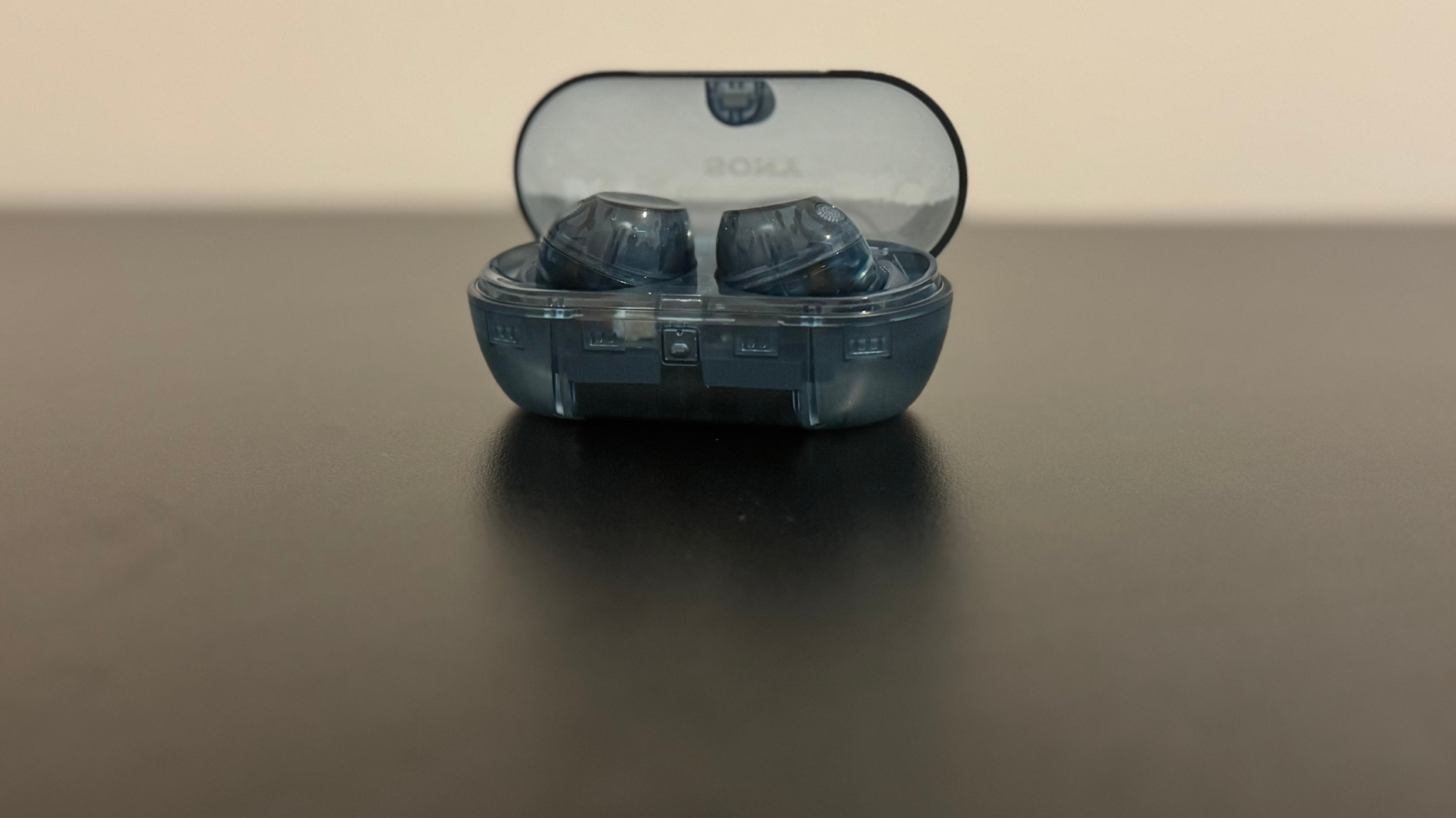Ex-Dishonored dev on violence in games: we're too often "blinded by the fear of censorship"

Many minds have weighed in on the effects of violent games after the December 14 Sandy Hook school shooting. A frequently cited modern example of interactive violence is Arkane's Dishonored, a stealth game which allows the player to choose a path of brutality. In a contributed article to RPS , Joe Houston, who worked on Dishonored before leaving Arkane, stressed that we shouldn't dismiss the debate.
"It's important as gamers not to simply retreat to the easy reaction, that games aren't a part of the problem,” Houston wrote. “While I think that might be true, I think it's a pity to stop there. Too often we think about what we might lose as players and developers if forced to engage in that conversation, becoming blinded by the fear of censorship. As a result, we miss out on more creative and effective ways to be a part of the solution."
Houston believes violent games employing non-linear mechanics and a stronger power of choice for the player leave a more lasting "personal ownership in violence." He used Dishonored's multi-pronged approaches to completing a mission as an example, writing, "One could argue this is largely because the game can be played without killing anyone. This doesn't change all the things you might do in the game, but simply by knowing that it allows non-violence you find that every violent act you choose in cast in a sobering light.
"If thrust into a game where the choices aren't mine to make, violence (even horrifying violence) ends up making a statement about what that game's creators are trying to express more than it makes a statement about me the player being forced into a role," he continued.
The ever-burning question remains: do video games cause violence in real life? No, contends Houston, but they "do little to prevent it." A game with substantive, consequential, and even "distasteful" choices, he says, "just might do better because they stand a chance of making the player think about what they're doing on screen."
Keep up to date with the most important stories and the best deals, as picked by the PC Gamer team.
Omri Petitte is a former PC Gamer associate editor and long-time freelance writer covering news and reviews. If you spot his name, it probably means you're reading about some kind of first-person shooter. Why yes, he would like to talk to you about Battlefield. Do you have a few days?


